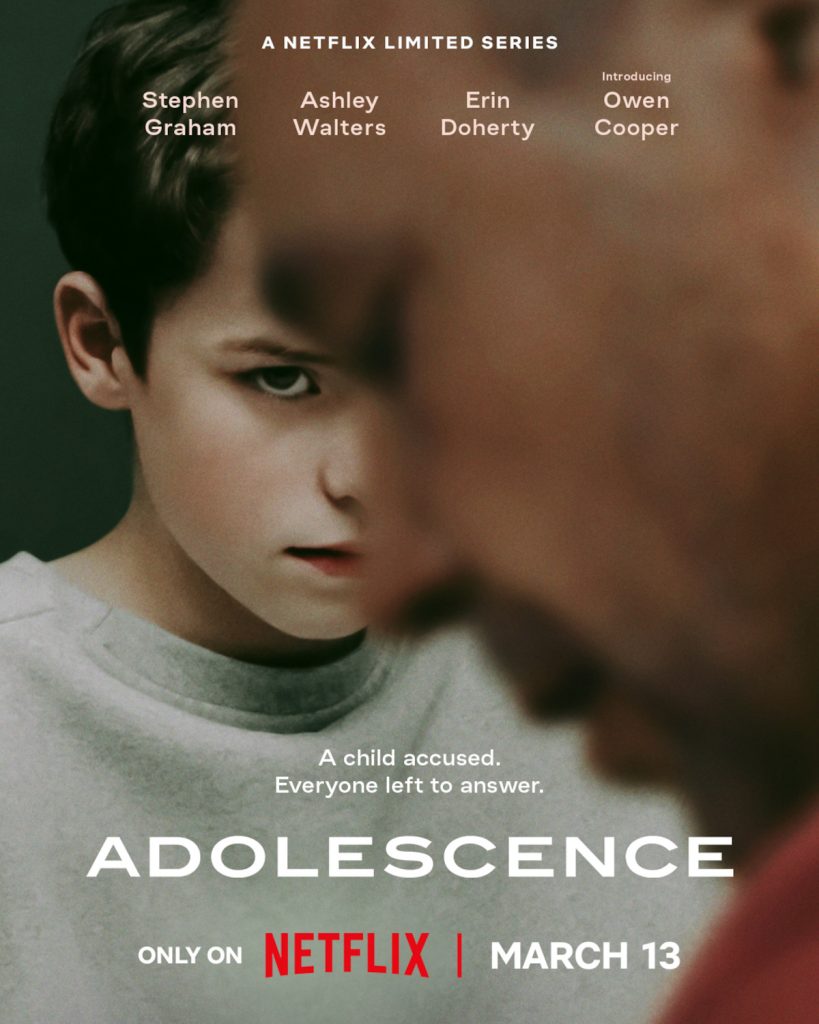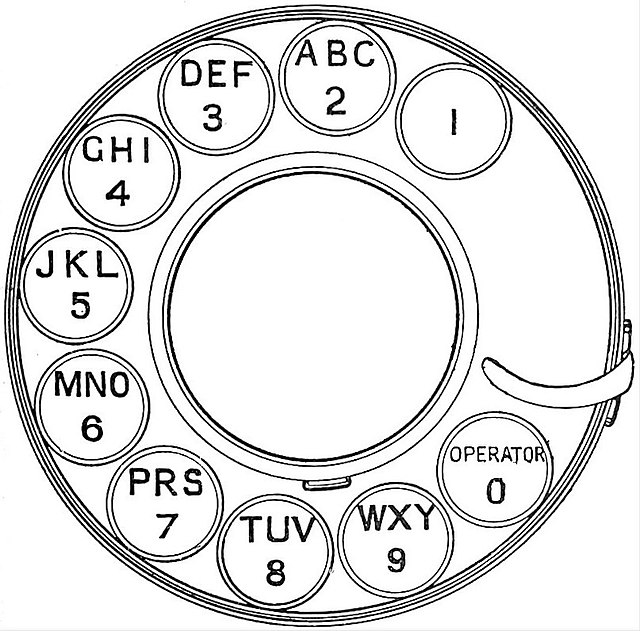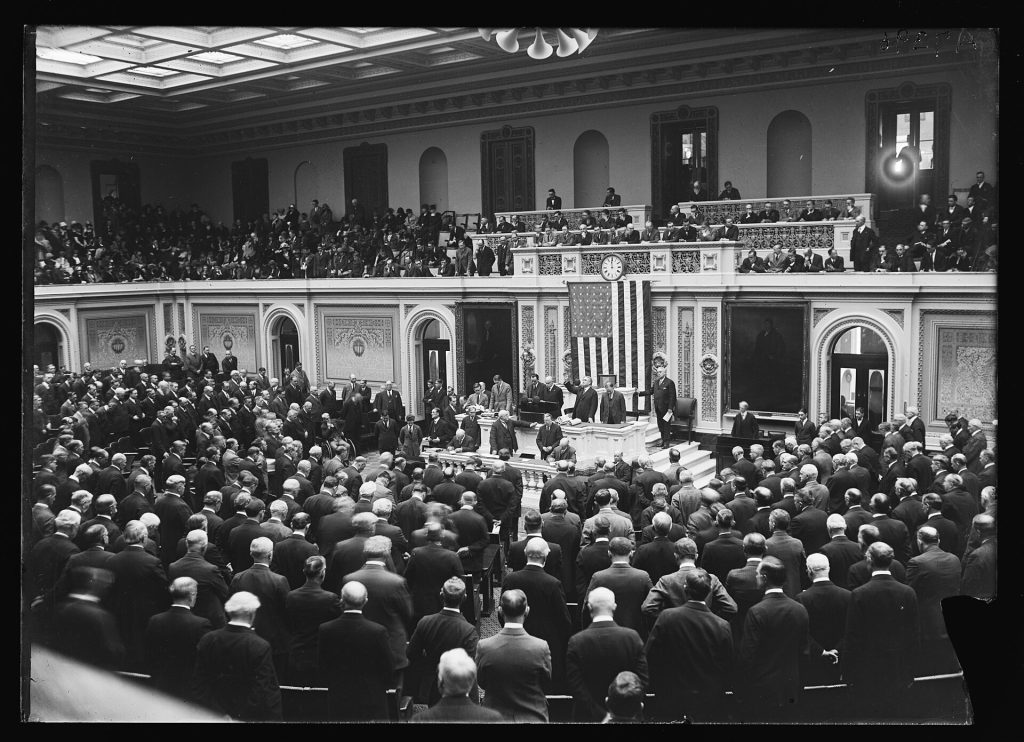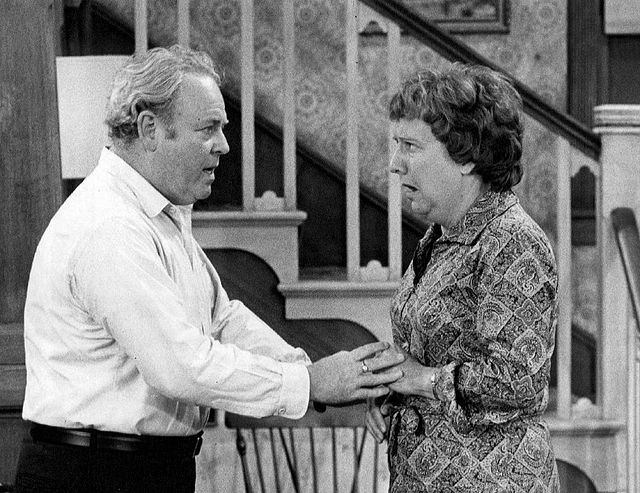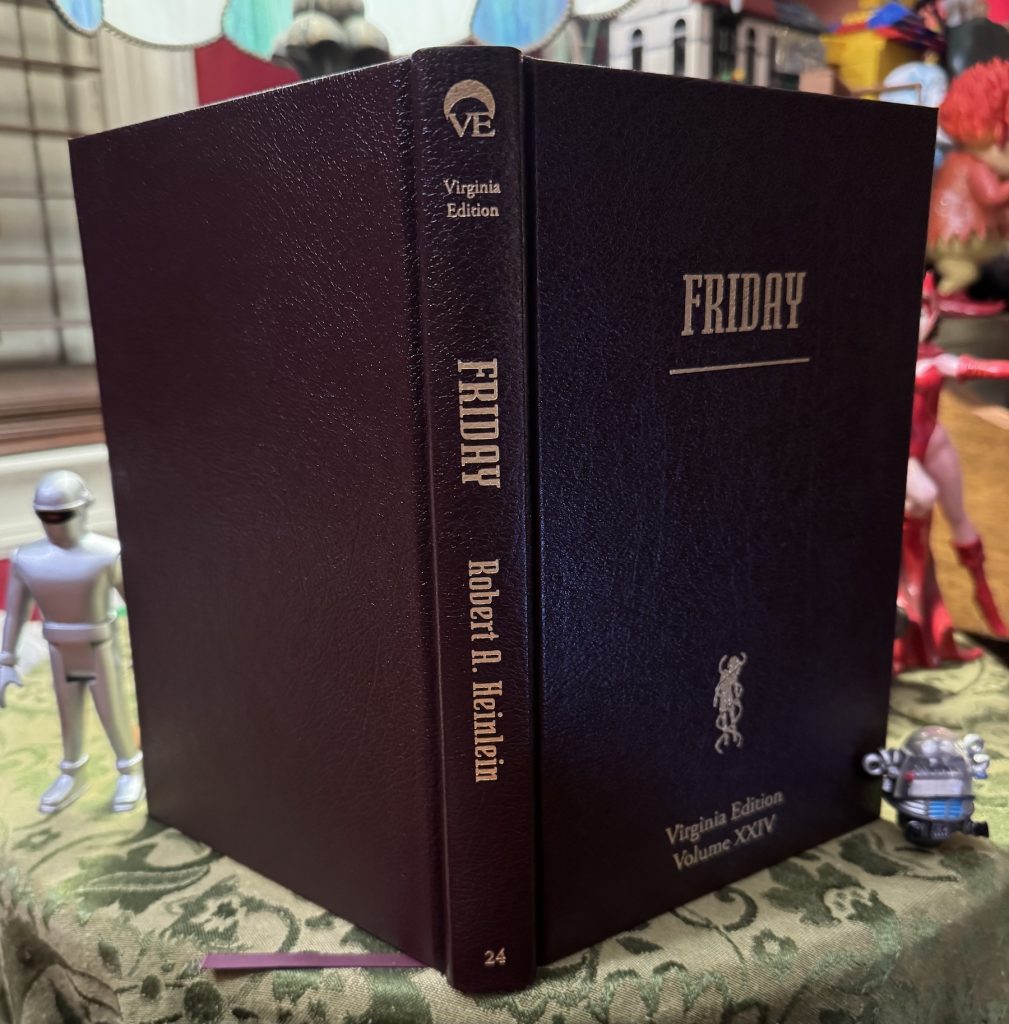How much of literature depends on undiagnosed sociopathy?
Better question: Does conflict in classic children’s literature depend on undiagnosed sociopathy?
The stories we read as kids—and, for many of us, continue to enjoy as adults—often feature the child protagonists being treated, well, badly by the adults around them. From Tom Sawyer to Harry Potter, from Hansel and Gretel to Oliver Twist, stories in which kids are disrespected, abused, even subject to being fattened for the slaughter, are popular. Perhaps that’s because kids tend to live in a world they don’t understand, but which often seems hostile to them?
Some of these stories depict characters like Voldemort, or Hansel and Gretel’s cannibal witch, who are just deranged and evil. But almost all of these stories also feature “normal” people who don’t receive a villain’s comeuppance, who are also pretty awful to the kids. The Dursleys in Harry Potter, not to mention a lot of Hogwarts faculty members, and the stepmother in—well, damn near any fairy tale. Anderson and the Brothers Grimm obviously were not concerned about their fiction being inclusive for blended families. (The Stepmothers sometimes did receive comeuppance.)
Voldemort and the witch are psychopaths, obviously. But do these stories not also depend on a subtler kind of evil, an evil accepted by the “normal” and well-meaning adults in the children’s lives–poor, dim adults that they are? By the standards of the times of Twain, the Grimms or Dickens, such people, who loved God but hated children, may have been considered “upstanding citizens.” But were they, in fact, sociopaths?
A sociopath is popularly defined as a person who lacks a conscience or empathy, but sociopathy is just that—a popular term, not listed in the DSM V, which is the authoritative listing of recognized mental disorders. What is in the DSM V is Antisocial Personality Disorder, and it aligns with the popular concept of sociopathy, being “characterized by a long term pattern of disregard for, or violation of, the rights of others. A low moral sense or conscience is often apparent, as well as a history of crime, legal problems, or impulsive and aggressive behavior.” (Wikipedia)
Continue reading →

